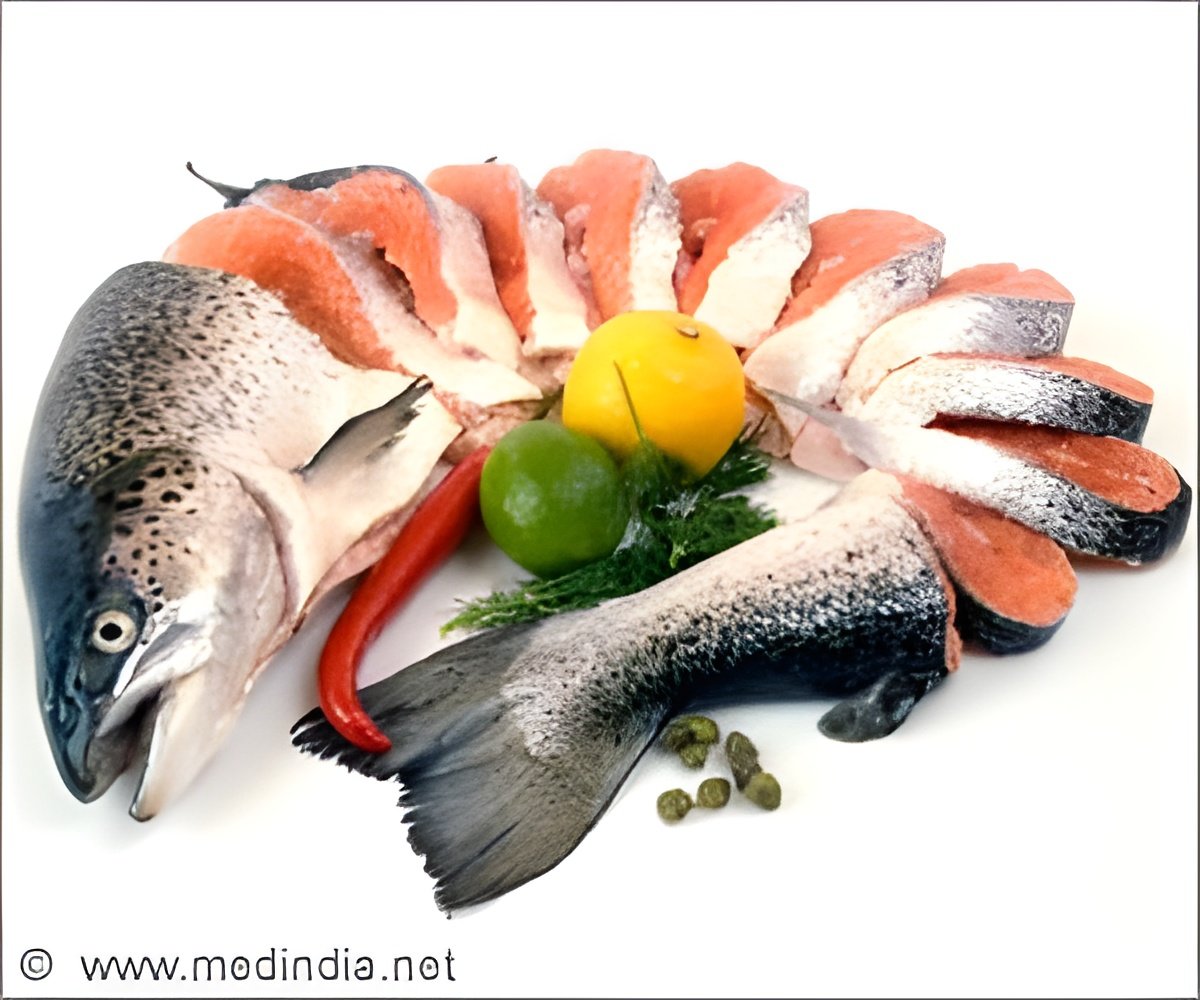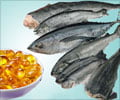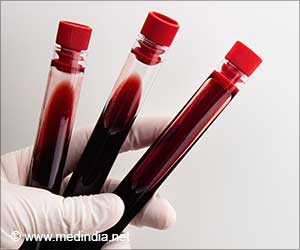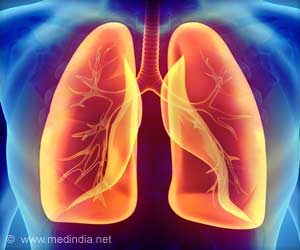A new study has found how an increase in the intake of fatty fish could increase the number of large HDL particles

It was observed that a higher intake of fish increased the number of large HDL particles and lipids contained in them. Population-based studies have shown that HDL cholesterol – also known as good cholesterol – and large HDL particles are efficient in sweeping extra cholesterol off artery walls. Large HDL particles have been associated with reduced risk of cardiovascular diseases, whereas small HDL particles may even have opposite effects.
Positive changes in lipid metabolism were observed in persons who increased their intake of fish most, i.e. in persons who ate at least 3–4 fish meals per week. The study participants ate fatty fish such as salmon, rainbow trout, herring and vendace. No added butter or cream was used in the preparation of fish. The study doesn't give answers to whether a similar effect would have been observed had the study participants mainly eaten low-fat fish such as zander and perch. Low-fat fish may have other health benefits such as lowering of blood pressure, which was observed in an earlier study carried out at the UEF.
State-of-the-art metabolomics was used in the study, enabling for instance a very detailed analysis of lipoprotein particles. The analyses were carried out by the university's NMR Metabolomics Laboratory. Traditionally, cholesterol is divided into "bad" LDL cholesterol and "good" HDL cholesterol, but this method allows the investigation of a total of 14 different particle classes. "People shouldn't fool themselves into thinking that if their standard lipid levels are OK, there's no need to think about the diet, as things are a lot more complicated than that. Soft vegetable fats and fish are something to prefer in any case," Postdoctoral Researcher Maria Lankinen says.
However, the researchers emphasise that a dietary approach to the treatment of increased overall and LDL cholesterol levels is important.
The findings are well in line with the Finnish nutrition recommendations encouraging people to reduce the consumption of red meat and to increase the consumption of fish and other sea foods. Further information on the health effects of fish will become available in the near future as results from the Alfakala project carried out at the UEF Institute of Public Health and Clinical Nutrition become available. The study takes a more detailed approach into the health effects of fish- and plant-derived omega-3 fatty acids, and it studies the health effects of fatty and low-fat fish.
Advertisement
Source-Eurekalert














